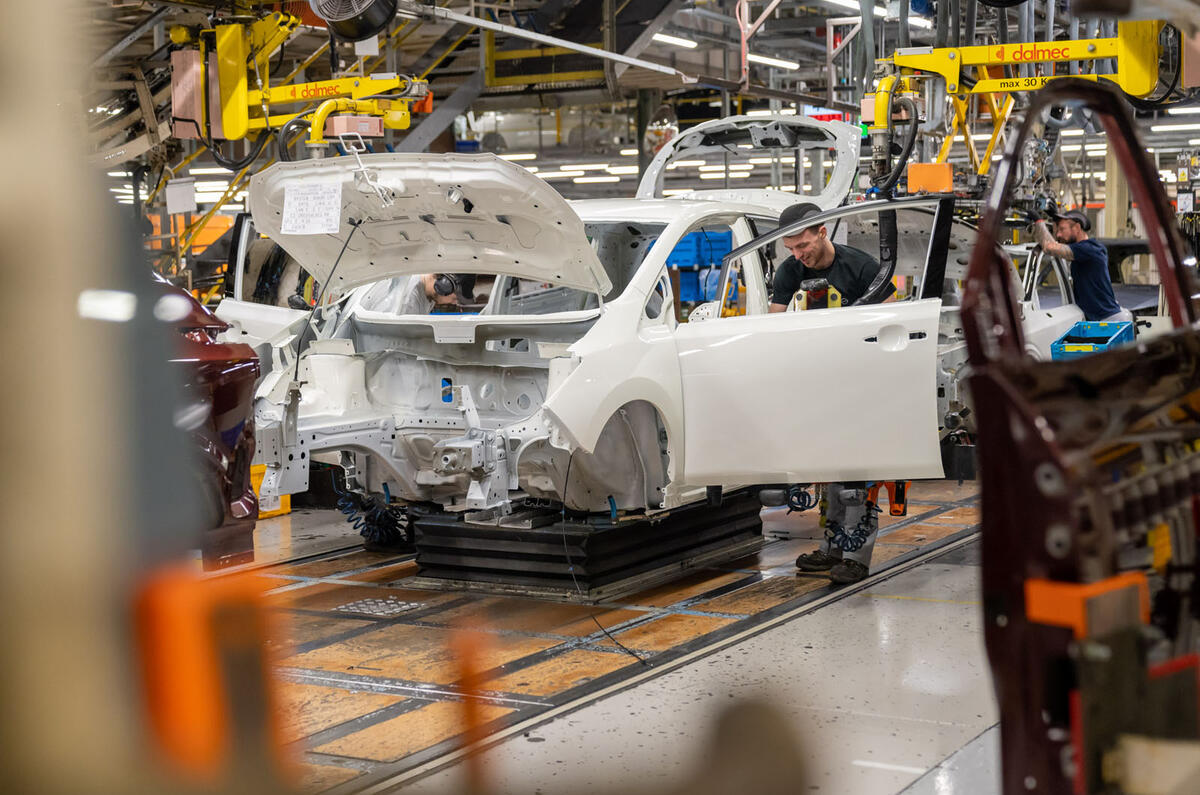Making Sunderland pay as a production location will be key to Nissan’s shift to sustainable profitability in the coming years – a job that’s about to become a lot harder as it moves to building electric cars only.
Sunderland in the north-east of England churns out more cars annually than any other plant in the UK, a position it has held for over a decade.




Add your comment